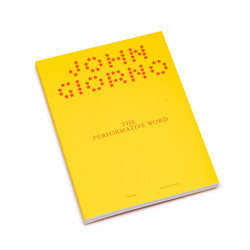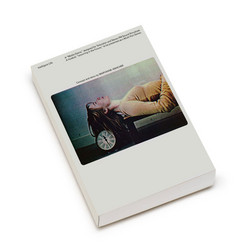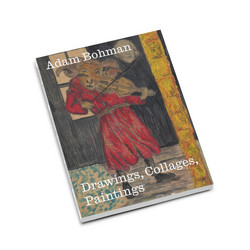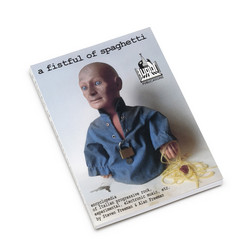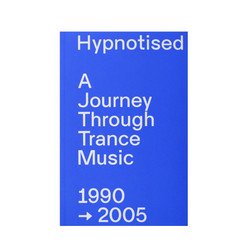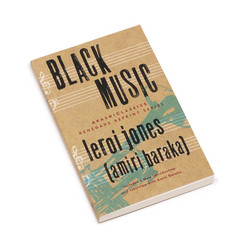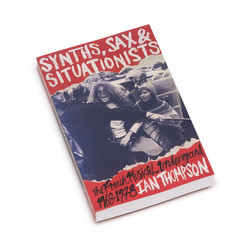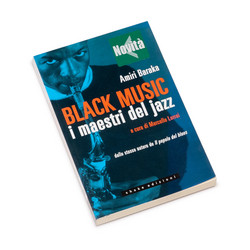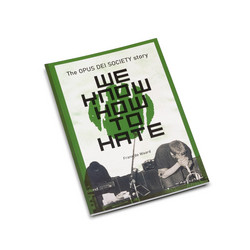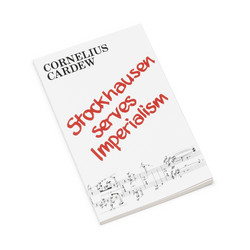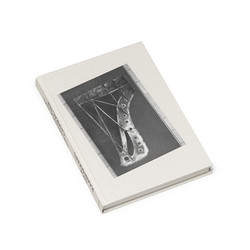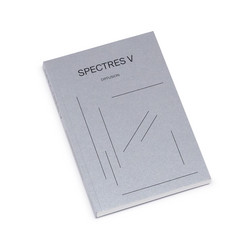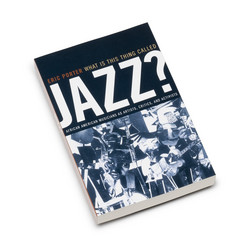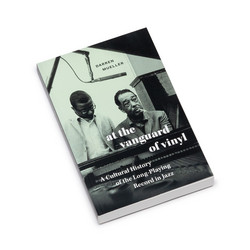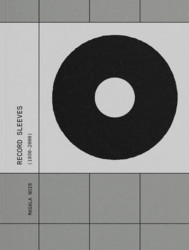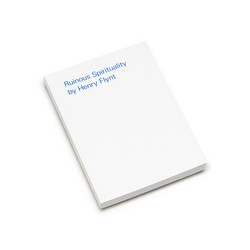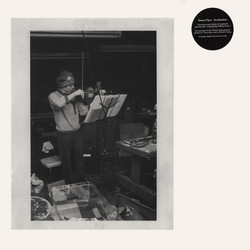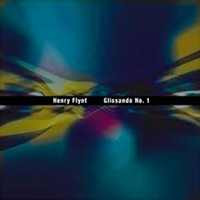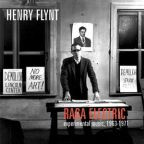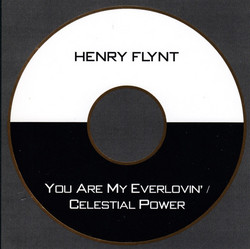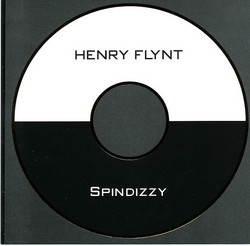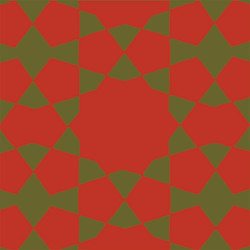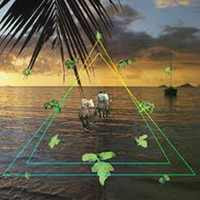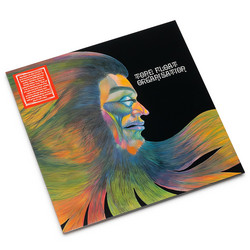Hard Cover Edition. Over the last few years, we’ve been treated to unprecedented access to the mind and ideas of the maverick thinker, artist, and composer, Henry Flynt - one of experimental music’s most philosophically visionary minds - via a series of books from the publisher João Simões. First, back in mid-2021, came the marvellous “Three Essays on Spirituality and Art”, the first publication of writings by Flynt to have appeared in years, followed in 2023 by its sequel “Ruinous Spirituality”. Now the publisher returns with, “About Transformations” the latest in their series dedicated to Flynt and arguably the most fainting and historically insightful to date. Gazing back to one of the earliest works of “concept art”, created in 1961 and later published in the legendary artist's book, “An Anthology of Chance Operations” - edited by La Monte Young and DIY co-published in 1963 by Young and Jackson Mac Low - which remains one of the most important documents of the Fluxus movement, across the pages of “About Transformations” Flynt not only illuminates the genealogy of his own ideas and practice during this period and prior, but ultimately, given his important place within the historical narratives, the developments of Fluxus and creative conceptualism at large. Issued as a beautifully produced, limited edition 114-page hardcover volume, it’s absolutely essential for any fan of Flynt, conceptualism, Fluxus, or radical 1960s art.
The narrative of Flynt’s creative life began unexpectedly in the mathematics departments at Harvard. It was there that he met Tony Conrad during the late 1950s, and where the two like minds would embark upon a life in art and music that would change everything in their wake, eventually moving to NY, joining forces with George Maciunas, La Monte Young, Jack Smith, and a number of others, and forming the core of the dawning Fluxus movement, which Flynt, through writing and performances, is credited with laying down many of its central ideas.
Flynt’s musical efforts - a fascinating hybrid that pull from everything from his experiences studying with Pandit Pran Nath to indigenous rural American folk music - despite not having been released in recorded form until the early '80s, lay at the very inception of Fluxus music, Minimalism, the deployment of text-based scores, and anti-authoritarian performance. He is also responsible for the ideas - initially drafted in 1961, and published within “An Anthology of Chance Operations” (issued by Jackson Mac Low and La Monte Young) in 1963, which gave way to all subsequent movements of conceptual art. For Flynt, the acts of creativity have never been purely intuitive, but rather the consequence of complex and interweaving ideas that grow from writing and text as much as action. Never has access to the truth been so widely available, as in his latest volume, “About Transformations”, published by João Simões. The text builds upon, and returns to, ground covered in his 1994 essay “The Crystallization of Concept Art in 1961”, the title of which might have served as apt subheading for the book, despite its focus being effectively on a single work.
As a work, “Transformations” is a series of instructions that engage the creator to burn a piece of paper into ash (one object becoming another), and then activate a series of complex steps through photographic (and other) processes, to continuously transform the subsequent creation of other objects / states, until coming to rest a final object / art work. Nearly three quarters of century after the original conception of “Transformations”, with so much idea and action-based art having followed in its wake, it can be easy to lose track of how radical and groundbreaking this was at the time. In many ways, even when accepting its radicalism and context, the piece could be taken at face value: as a performative extension of Fluxus, belonging to the general vein of art world antagonism emblematic of that movement. And, to some extent, this viewpoint is not entirely inaccurate, but with Flynt there’s always a great deal more.
In returning to “Transformations”, Flynt, via this extensive essay, is also returning to the philosophical underpinnings and logic systems that underscore the entire development of his ideas relating to “concept art”, going to great lengths to clarify certain perceptions and misconceptions relating to “anti-art”, absurdism, computational approaches, what he drew from Dada, mathematics, John Cage, and La Monte Young, and pointing toward many of the philosophical texts that he was inspired by, most notably the German philosopher, Rudolf Carnap, an advocate of logical positivism.
Readers of Flynt’s previous publications will be well aware of the complex networks of thinking and description that define his texts. While “About Transformations” is not exactly the easiest text to navigate, perhaps because it is specifically centred around a single work and the process that led to the generation of “Concept Art”, it is arguably considerably more engaging, illuminating, and the most historically important of books published by João Simões to date, not the least for bringing us into an intimate proximity with Flynt himself, offering unprecedented access to the personalty and thinking of the man himself, and the “ logical positivism” that underscores much of what has historically perceived as “cognitive nihilism”: the value that Flynt places on the process of human thought itself, vs the byproducts that it might produce. In other words, what the book might be seen to tell us, is that within all of the social, institutional, and creative critique that has come to be seen as emblematic of Fluxus, there is simply a pure celebration of the human mind.
Meticulous in its detail, and hugely illuminating, moving through crucial developments, setting the record straight on countless occasions - especially addressing conflicts between retrospective interpretation vs actualities - “About Transformations” - is a complex, at times difficult, and truly engrossing read. We can’t thank João Simões enough for the publisher’s dedication to Flynt’s thoughts, ideas, memories, and words. Issued as a beautifully produced, limited edition 114-page hardcover volume, this one is as highly recommended as books come in our little corner of the world.
Edited by Christian Xatrec.
Published by Joao Simoes, Lisboa.
Typeset by Ana Baliza in Linotype Univers.

